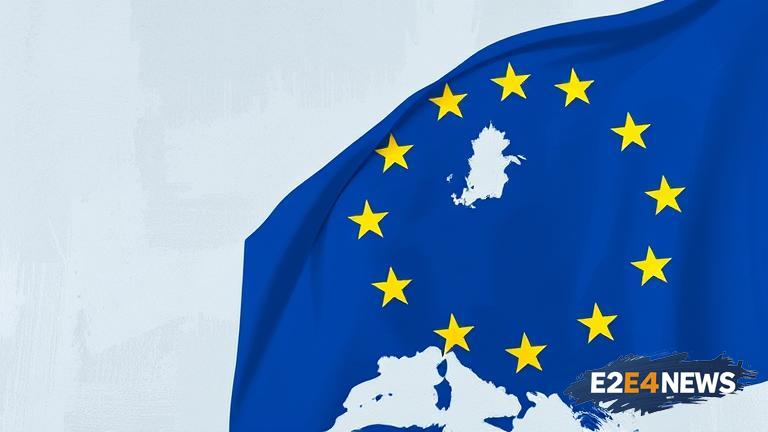The European Union has reaffirmed its commitment to taxing and regulating tech giants, such as Google, Amazon, and Facebook, in the face of opposition from the US. The EU’s stance on the matter has been clear, with officials stating that they will not be intimidated by threats from the US. The US has been vocal in its opposition to the EU’s plans to introduce a digital services tax, which would see tech companies paying a 3% tax on their digital revenues. The EU has argued that the tax is necessary to ensure that tech companies pay their fair share of taxes, and to prevent them from avoiding taxes by shifting their profits to low-tax jurisdictions. The EU’s executive vice-president, Margrethe Vestager, has stated that the EU will not be swayed by US pressure, and that the bloc will continue to push for a global agreement on digital taxation. The US has threatened to impose tariffs on EU goods in retaliation for the digital services tax, but the EU has remained resolute. The EU’s position on tech regulation has also been a point of contention with the US, with the EU pushing for stricter rules on data protection and online content. The EU’s General Data Protection Regulation (GDPR) has been seen as a model for other countries to follow, and has been praised for its strong protections for users’ personal data. The US has been critical of the GDPR, arguing that it is too restrictive and will stifle innovation. However, the EU has argued that the regulation is necessary to protect users’ rights and to prevent the misuse of personal data. The EU has also been pushing for stricter rules on online content, including measures to combat hate speech and disinformation. The US has been resistant to these efforts, arguing that they infringe on freedom of speech. Despite the differences between the EU and the US on tech regulation, there are signs that the two sides are beginning to find common ground. The EU and the US have been working together on a number of initiatives, including a joint effort to combat online terrorism. The EU has also been working with other countries, including Australia and Canada, to develop a global framework for tech regulation. The EU’s efforts to regulate tech have been driven by a desire to protect users’ rights and to promote a fair and competitive market. The EU has argued that the current regulatory framework is inadequate, and that new rules are needed to address the challenges posed by the digital economy. The EU’s approach to tech regulation has been praised by many, who see it as a model for other countries to follow. However, others have criticized the EU’s approach, arguing that it is too restrictive and will stifle innovation. The debate over tech regulation is likely to continue, with the EU and the US remaining at the forefront of the discussion. The EU’s commitment to taxing and regulating tech giants is a significant development, and one that is likely to have far-reaching consequences. The EU’s stance on the matter has been clear, and it is unlikely to back down in the face of US pressure. The EU’s efforts to regulate tech are driven by a desire to promote a fair and competitive market, and to protect users’ rights. The EU’s approach to tech regulation is likely to be seen as a model for other countries to follow, and it is likely to have a significant impact on the global tech industry.
